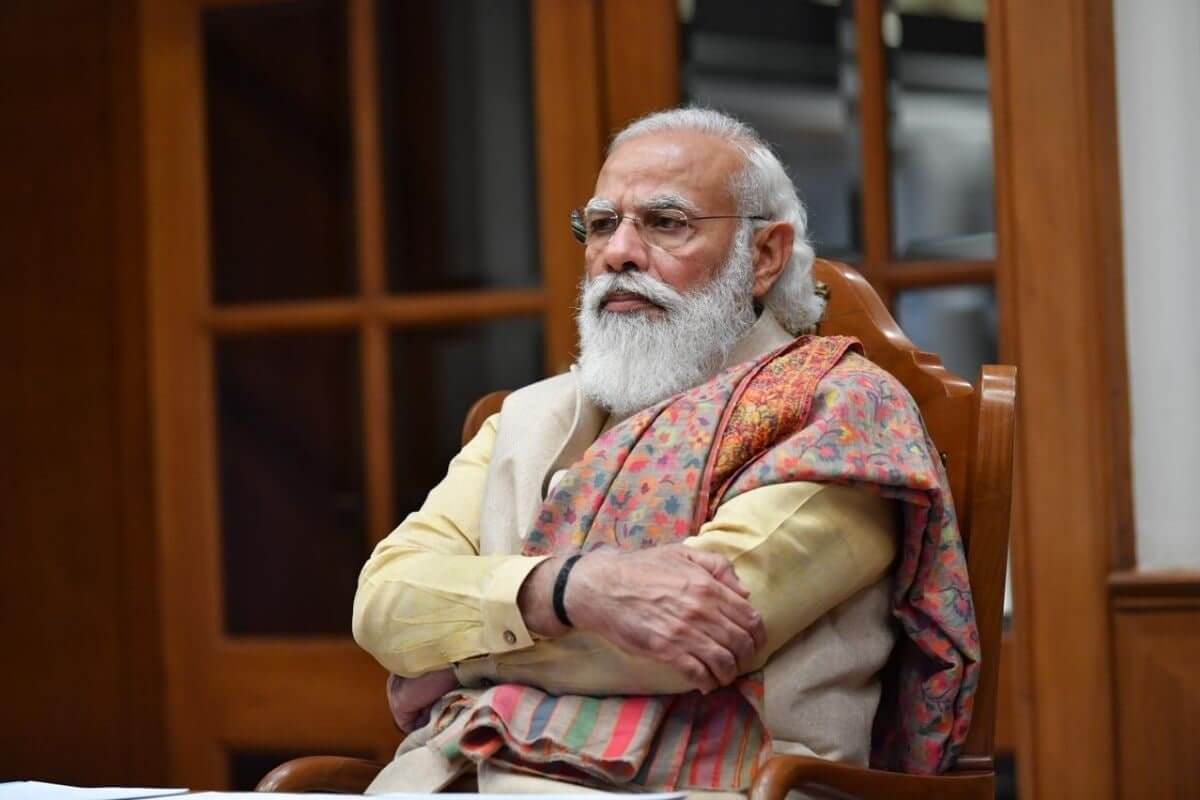Indian Prime Minister Narendra Modi has featured in a list of 37 heads of state or government accused of being “predators of press freedom” by French media watchdog Reporters Without Borders. The list, updated earlier this week, names several other South Asian leaders, including Sri Lanka, Bangladesh, and Pakistan premiers.
According to the Reporters Without Borders, the list includes leaders “who crack down massively on press freedom.” Some of these leaders have been present for more than two decades, while 17 leaders have joined the list for the first time. Moreover, for the first time, the list also features two women—Bangladeshi Prime Minister Sheikh Hasina and the Chief Executive of Hong Kong, Carrie Lam. Hungarian Prime Minister Viktor Orbán is the first European to be named.
The watchdog’s secretary-general, Christophe Deloire, said, “Each of these predators has their style. Some impose a reign of terror by issuing irrational and paranoid orders. Others adopt a carefully constructed strategy based on draconian laws.”
Concerning PM Modi, the report accused him of flooding “mainstream media with speeches and information tending to legitimise his national-populist ideology.” The publication said the Indian PM initiated a campaign to threaten critical journalists with vague charges of sedition, along with using his “army of online trolls” to “wage appalling hate campaigns on social media against the journalists.”
Also Read: RSF’s 2020 Report Indicates Countries ‘At Peace’ Becoming Deadlier For Journalists
He has also been accused of influencing mainstream media by developing close ties with owners of the media empires. Furthermore, the report said, “On the one hand, by visibly ingratiating himself with the owners of leading media outlets, their journalists know they risk dismissal if they criticise the government. On the other, prominent coverage of his extremely divisive and derogatory speeches, which often constitute disinformation, enables the media to achieve record audience levels. All that is left for Modi is to neutralise the media outlets and journalists that question his divisive methods.”
In addition, the report cited several examples of journalists who have been threatened during Modi’s regime. One of the example was of Gauri Lankesh, an Indian journalist killed in September 2017. It also raised concern about social media trolls harassing female journalists, such as Rana Ayyub and Barkha Dutt, who are often labelled as “presstitutes” and subjected to death and rape threats.
However, speaking to The Print, Kanchan Gupta, the senior advisor for the Union Ministry of Information and Broadcasting, dismissed the report as “fact-free” and “ill-informed.” She also criticised the publication for attacking the Indian PM and tainting India’s democratic institutions, of which the media forms a crucial part.
In April, Reporters Without Borders’s 2021 World Freedom Press Index criticised Indian authorities for the deteriorating situation for journalists in the country, specifically due to the increasing number of media fatalities. Moreover, in March, a United States-based and funded independent research institution, Freedom House, demoted India from the status of “free” to “partly free.” It attributed this change in position to the “multiyear pattern in which the Hindu nationalist government and its allies have presided over rising violence and discriminatory policies affecting the Muslim population.” It also highlighted the “crackdown on expressions of dissent by the media, academics, civil society groups, and protesters.”
The latest report adds to the criticism of the Indian government. However, like the previous reports, this one is also unlikely to result in any tangible changes in the ways of Indian authorities.

